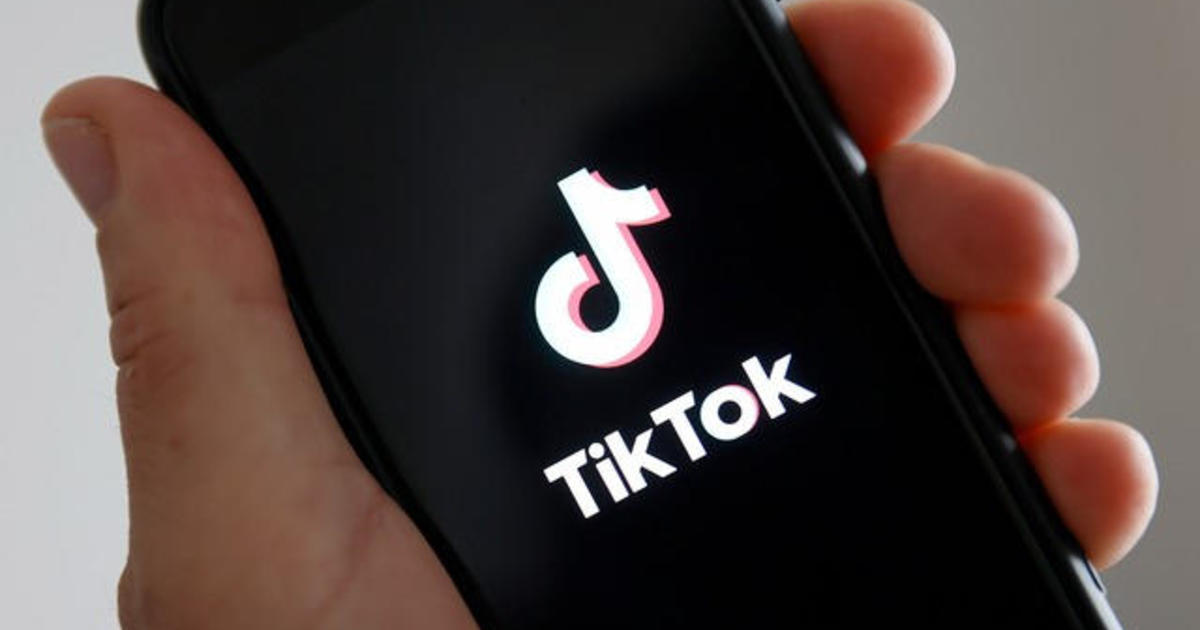Md. ToolBank Rents Equipment To Nonprofits
LIZZY McLELLAN
The Daily Record
BALTIMORE (AP) -- Some nonprofits provide services directly to a community or cause. Others provide the tools that other groups need to succeed.
That's what the Baltimore Community ToolBank does. Literally.
The ToolBank, a 501(c)(3) nonprofit based off Russell Street not far from Ravens Stadium, has loaned tools for more than 1,020 projects and to more than 19,000 volunteers since it opened in June 2012.
The ToolBank charges its members -- other nonprofits -- 3 percent of a tool's value for each week it is used, so an organization can use $1,000 worth of tools for $30 per week. So far, it says, the tools it has lent have had a value of $466,000; the volunteers paid just $13,787 to use them.
The first ToolBank was born in Atlanta in 1991, and the organization's expansion to other cities began in 2011. There are now nine of them.
How does it decide where to go?
"We look for people who are influential," said Mark Brodbeck, CEO of ToolBank USA. "We found tons of people in Baltimore who love that city, (but) it's not without its challenges."
The ToolBanks build a reputation for dependability over time, said Brodbeck, and that's where he expects the Baltimore location to grow in the coming year.
Baltimore's new executive director has the same idea. Noah Smock, appointed in February, hopes to bolster the organization's ties with local businesses and nonprofits. One tool it's relying on: networking and educational events at the ToolBank facility in the Carroll Camden Industrial Park.
Smock is no stranger to Baltimore philanthropy or grassroots community improvement. He previously worked for the Living Classrooms Foundation, coordinating days of service. In fact he first learned about the ToolBank USA there, when the organization was surveying Baltimore organizations in the Baltimore ToolBank's infancy. Most recently, Smock worked with the Johns Hopkins University, coordinating service-learning programs for students.
He's also a board member for the 6th Branch, a community service initiative in Baltimore that draws on the leadership and skills of veterans. That's how he became better acquainted with the ToolBank.
"It really revolutionized what that organization was able to do," said Smock. "The 6th Branch could not exist in its current format without the ToolBank."
The 6th Branch is now the most frequent user of the ToolBank, he said. It's especially important for this young organization, which does many projects requiring equipment but has very little storage space.
"If we were forced to survive off of purchasing our own tools, there no way we would be able to afford enough inventory," said Dave Landymore, executive director of the 6th Branch. "Tomorrow, it'll be shovels and pick axes and wheelbarrows. Later, in the summer, maybe it's two lawnmowers."
The 6th Branch has been able to increase its volunteer opportunities, particularly for the day of service it has held on Sept. 11 for the past two years. In 2013, 6th Branch was able to recruit about 200 volunteers from BGE, CareFirst BlueCross Blue Shield, Constellation, Legg Mason, T. Rowe Price, Under Armour and Wells Fargo.
"If you've got 10 tools for 50 people, you're . just not very productive," said Smock. "It really does amplify the idea of what's possible."
The event also opened up conversations about fundraising, said Smock. That day, the businesses involved made a donation of $30,000 toward Operation Oliver, a 6th Branch project in the Oliver neighborhood of Baltimore.
In his new post, Smock intends to reach out more to businesses and other organizations to grow the tool collection and expand onsite projects and events at the ToolBank facility.
"The funding landscape in the nonprofit world is pretty tight," said Landymore. But "There's a certain neutrality to the ToolBank. . They have the ability to bring in groups that could learn from one another."
Bringing more nonprofit leaders together, Smock said, could start conversations on how to better achieve their goals. And saving money on projects can allow them to reach more of those goals.
"I think that social innovation is best in the hands of private nonprofit organizations that can move pretty quickly," he said. "The social scene I think is set by the nonprofits. With the right funding, they're much more agile."
(Copyright 2013 by The Associated Press. All Rights Reserved.)



